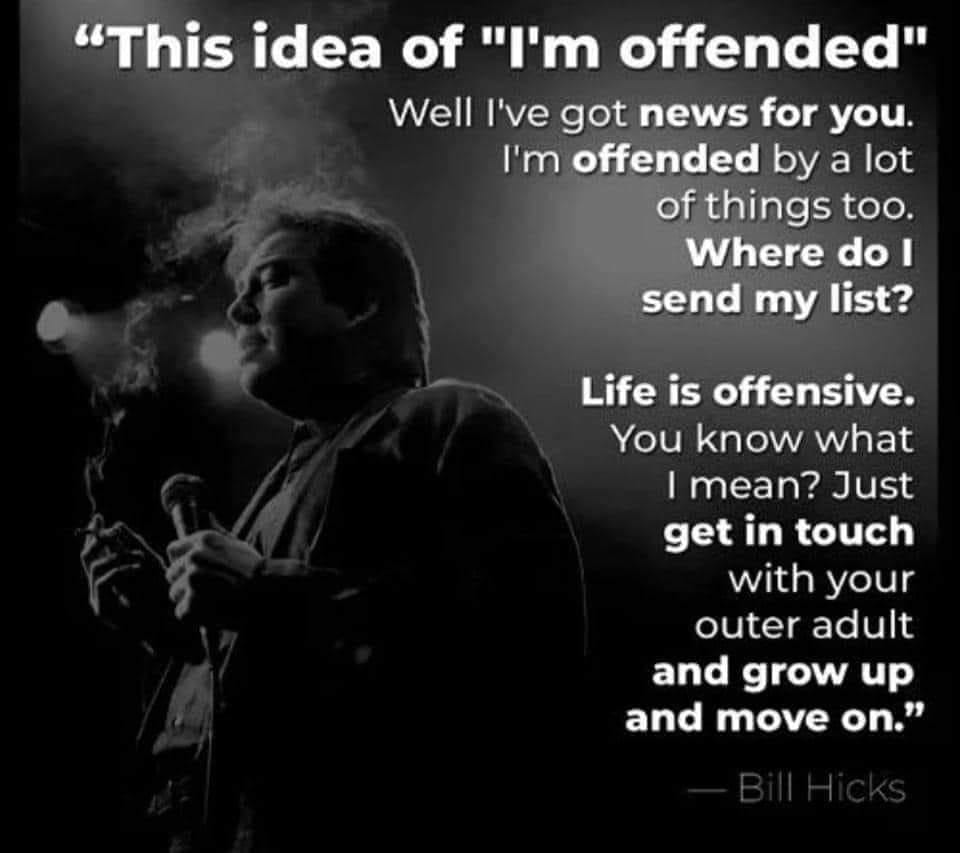Crankyhawk
Brownlow Medallist
So I am starting to encounter people in my line of work who ask/ insist that you don't talk to them in a certain way, broach certain topics, or they will get "triggered". Usually this triggering manifests as fairly dysregulated behaviour/ violence, so understandable that we would want to avoid this.
But it got me thinking
We currently look at the "look what you made me do" argument (typically advanced by those practising family violence) as being abhorrent bullshit.
Yet those who get triggered then blame us for "triggering them". Should they not be aiming to reduce their own responses? Only they can be the ones who control their actions. I submit the triggering party should only feel responsibility if they knew it was a trigger and still deliberately set out to inflame it, though perhaps even this could be seen to be assuming too much.
But it got me thinking
We currently look at the "look what you made me do" argument (typically advanced by those practising family violence) as being abhorrent bullshit.
Yet those who get triggered then blame us for "triggering them". Should they not be aiming to reduce their own responses? Only they can be the ones who control their actions. I submit the triggering party should only feel responsibility if they knew it was a trigger and still deliberately set out to inflame it, though perhaps even this could be seen to be assuming too much.






